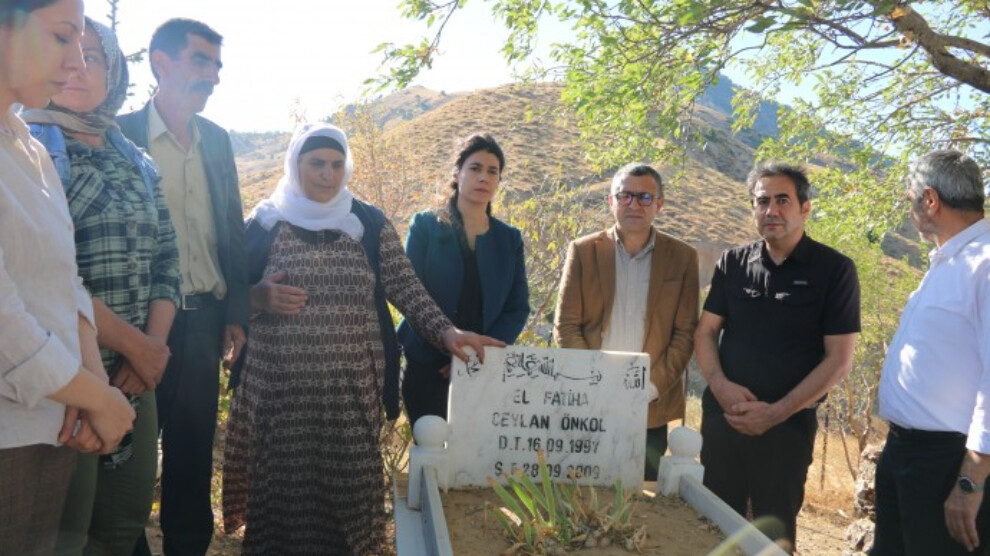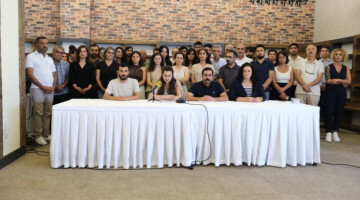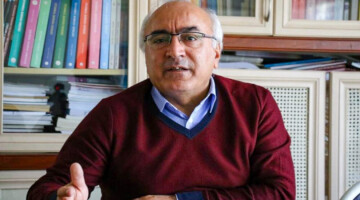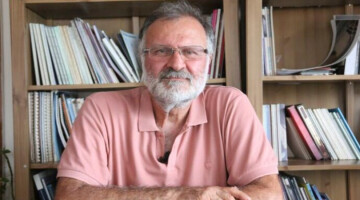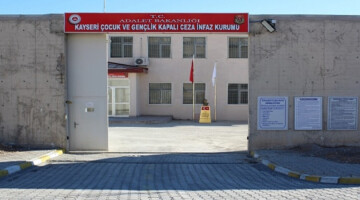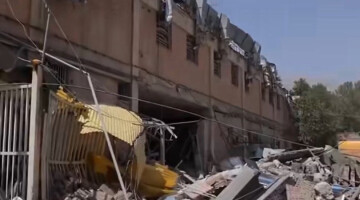Ceylan Önkol was killed by a mortar shell fired from a police station in the Xanbaz Hamlet of the Kanîsipî (Şenlik) rural neighborhood of the Licê district of Amed when she was only 12 years old on 28 September 2009.
Young Ceylan was commemorated at her graveside on the 15th anniversary of her killing. The memorial was attended by the Peoples' Equality and Democracy Party (DEM), Amed Provincial Organization, Önkol's family, the Democratic Regions Party (DBP) and DEM Party provincial and district organizations, DEM Party deputies, representatives of civil society organizations, and many others.
DEM Party MP Beritan Güneş said: "Today we are talking about Ceylan and Narin, another day we will talk about Uğur. Despite 15 years passing, we cannot see any progress in child policies in Turkey. Because those who fired mortar shells at Ceylan’s body from the police stations were not held accountable for this."
Güneş added: "The mentality that killed Ceylan is the same mentality because of which Narin could not be found for 19 days."
Background
Ceylan Önkol (12) was killed by a mortar shell fired from Yayla outpost while she was grazing her animals on 28 September 2009 in the village of Şenlik in the Lice province of Amed (Diyarbakır).
Born in 1997, schoolgirl Ceylan Önkol was on a hill in the hamlet of Xambak, which belongs to the village of Xiraba (Şenlik), to graze sheep and goats near her parents' home on the day of her violent death.
Villagers said there was a sound in the air followed by an explosion. Shortly after the explosion, Ceylan was found dead with her midsection shredded.
The scene villagers found in front of their eyes was horrendous: body parts were scattered over 150m with some landing in the branches of nearby trees. Despite the massive damage to her midsection, witnesses say her legs and feet as well as her arms, hands and head were relatively uninjured.
The authorities were contacted, and the family waited at the scene for what they expected to be military security forces, a doctor, and the local prosecutor. Nobody arrived. After six hours of waiting, the family was informed that the doctor and prosecutor would also not be coming because they feared for their safety.
The village Imam had been instructed to take photographs of the scene and the family was asked to gather the girl's remains and bring them to the police station in Bingöl province where an autopsy could be performed. According to local protocol, the prosecutors should have conducted the autopsy at the scene.
The Human Rights Association (IHD) stressed that the prosecutor did eventually arrive: it was three days later, and it was then he conducted his "investigation".

